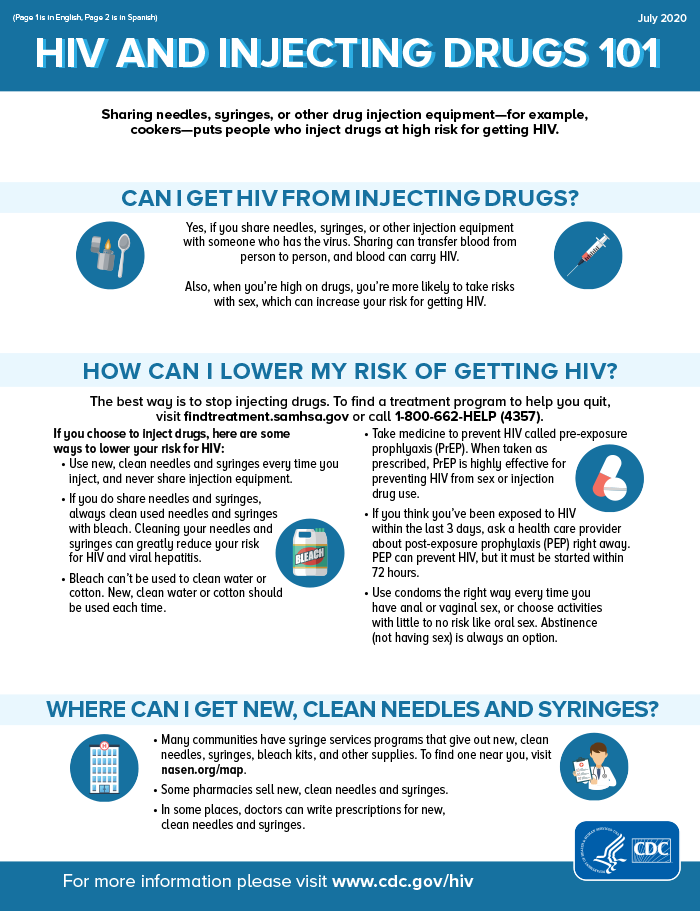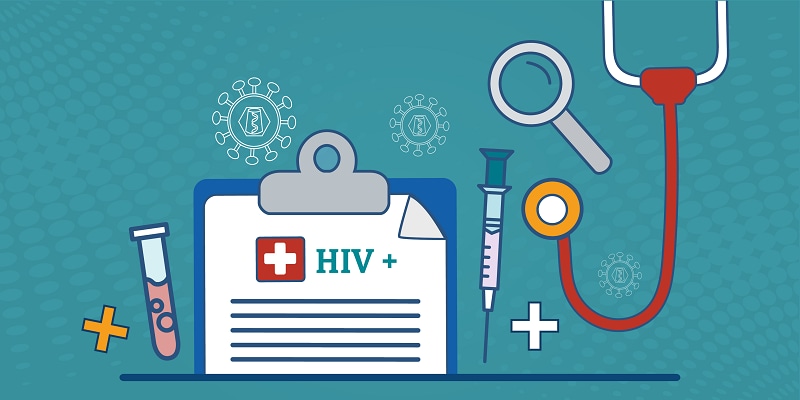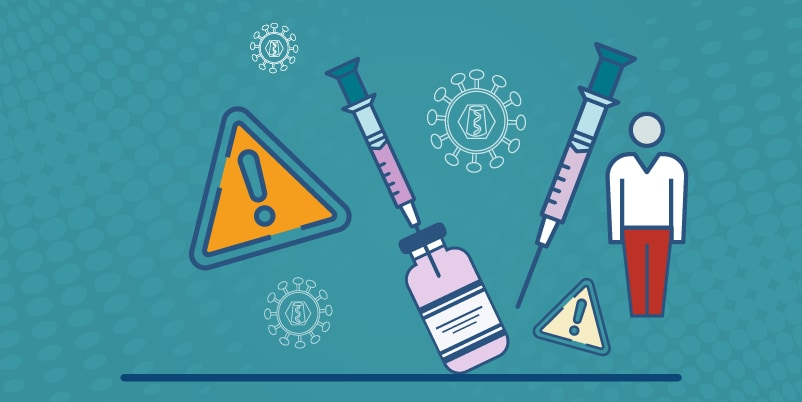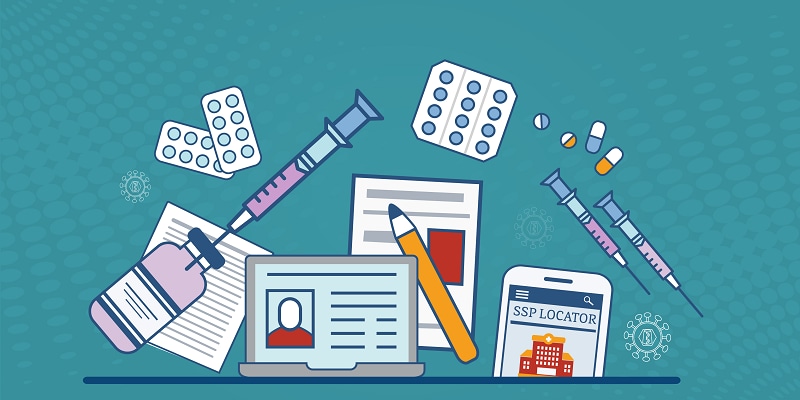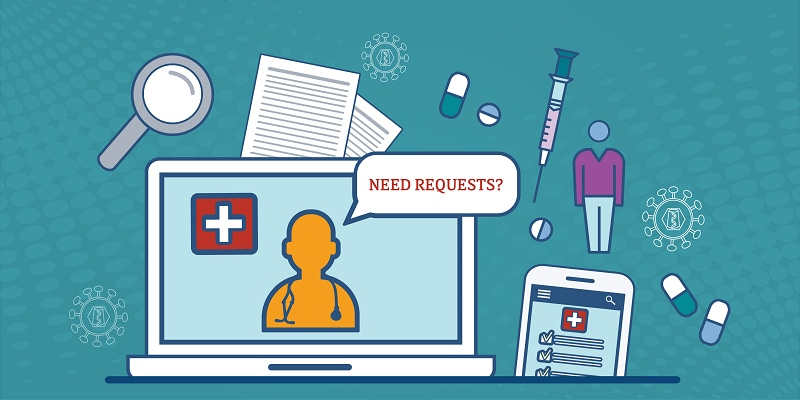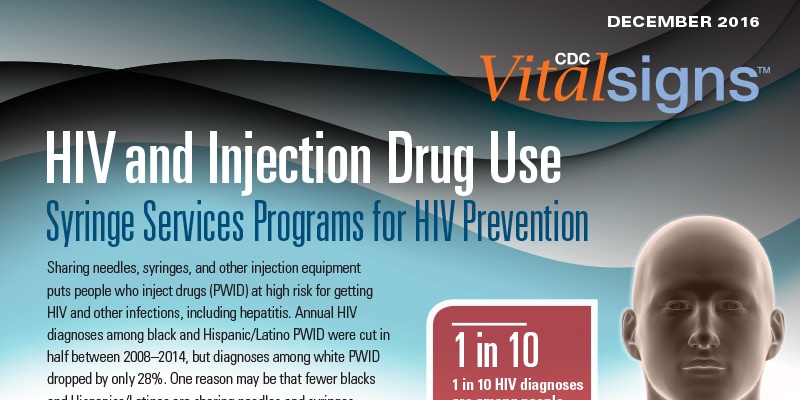Injection Drug Use
Sharing needles, syringes, or other equipment (works) to inject drugs puts people at high risk for getting or transmitting HIV and other infections. People who inject drugs account for about 1 in 10 HIV diagnoses in the United States. Syringe services programs (SSPs) can play a role in preventing HIV and other health problems among PWID, by providing access to sterile syringes. These programs can also provide comprehensive services such as help with stopping substance misuse; testing and linkage to treatment for HIV, hepatitis B, and hepatitis C; education on what to do for an overdose; and other prevention services.
Resources for Consumers
- HIV and Injecting Drugs 101 Consumer Info Sheet (English and Spanish) [PDF – 603 KB]
- How to Clean Your Syringes Consumer Info Sheet (English and Spanish) [PDF – 268 KB]
- Pocket Guide to Cleaning Syringes [PDF – 131 KB] and Folding Instructions [PDF – 1,005 KB]
- Hepatitis C and Injection Drug Use
Resources for Providers and Public Health Partners
- HIV and Injection Drug Use
- HIV and People Who Inject Drugs
- HIV and Injection Drug Use: Syringe Services Programs for HIV Prevention (Vital Signs)
- CDC Overdose Prevention
- Managing HIV and Hepatitis C Outbreaks Among People Who Inject Drugs: A Guide for State and Local Health Departments [PDF – 2 MB]
- amfAR Opioid & Health Indicators Database
- NACCHO’s Tool for Community Response Planning for Outbreaks of Hepatitis and HIV Among People Who Inject Drugs
- Substance Abuse and Mental Health Services Administration
General Resources
- CDC-INFO 1-800-CDC-INFO (232-4636)
- CDC HIV Website
- CDC Let’s Stop HIV Together
- CDC HIV Risk Reduction Tool
- Find Testing Sites Near You
